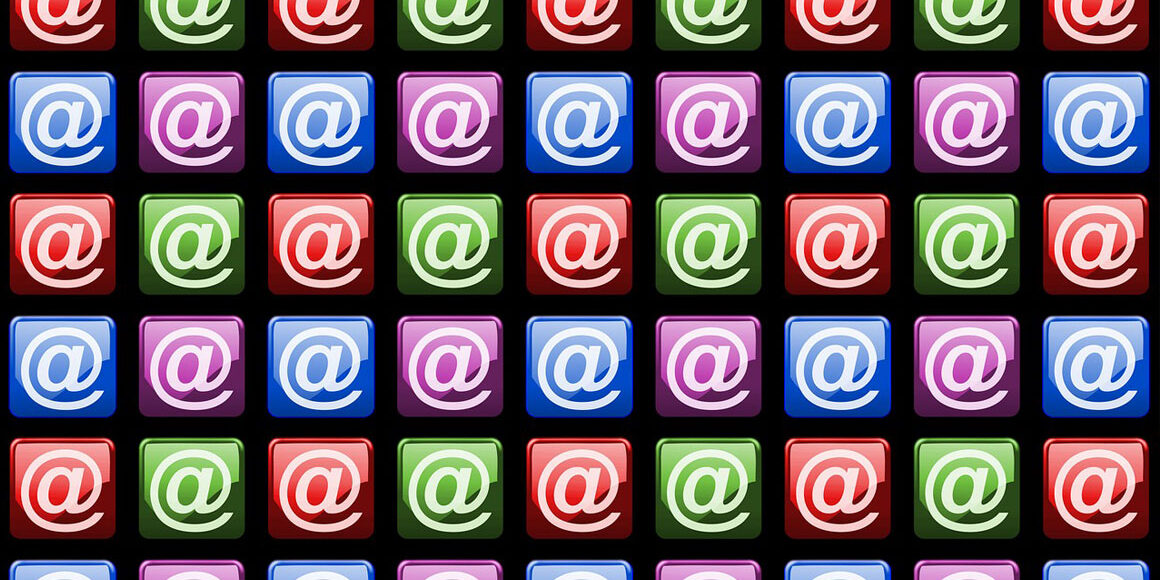Get out of e-mail jail
The number one issue that I coach around when addressing executive effectiveness is how to manage e-mail. E-mail, that promised us so much in terms of efficiency, productivity and time-saving now takes up over 2 hours of our workday, as I recently read in the UK Daily Mail – click to view article.
Worse, the advent of smart phones means that our workday is extended way into the night and early in the morning. Indeed, many executives are on 24/7. The ability to send, receive and respond to e-mails wherever we are (funerals, weddings, on the beach, vacation, hiking, camping, etc.) is changing our lives, and the change does not sit well with most of us. E-mail is now a huge distraction, diverting our attention from the moment, issue or person at hand with that insistent “ding” and flashing red light. We MUST check it – or at least check to see who is sending us the e-mail. And so our attention is diverted from what’s important to what’s urgent and insistent but rarely very important.
So how do we get ourselves out of “e-mail jail”? The Harvard Business Review Management Tip of the Day tip earlier this week suggested that we give up e-mail altogether. Heart in mouth, breath drawn, I read:
If you spend hours every day trying to keep on top of a huge inbox, try an extreme solution: Give it up. Yes, that’s right, stop checking your email. Try other tools instead. Use your blog to post updates on your work instead of sending a message to a big distribution list. Try Basecamp or another project management tool to communicate with project teams. Get on Skype for a quick conversation instead of a 14-message exchange. Twitter direct messages, online chat, and texts are good for tight, efficient, and confidential messaging. Take your email address off your business card and website, and encourage anyone who needs to reach you to pick up the phone. This may seem radical – because it is! If this experiment doesn’t work, you can always go back to your inbox, but keep these alternative communication practices in mind before you hit “send”.
Well I am not sure if the other technological tools will bring less stress, but they are certainly worth a try. Chances are that giving up, or at the least significantly reducing e-mail will NOT result in the sky falling or your business crashing. What is likely to happen is an increase in your productivity and effectiveness, accompanied by a reduction in your stress level. Sounds like a good deal to me and well worth a try!
THE BALANCED SCORECARD
Sometimes, the Balanced Scorecard works so well that it seems magical. In an earlier newsletter I wrote about the Human Capital Readiness assessment process and how powerful it is. The HR Manager for one of my clients called me with great excitement about the dramatic progress she has made in identifying programs to fill the gaps in readiness. It seemed almost magical that within short order a comprehensive program “appeared” that fit their needs perfectly and will cost significantly less than her budget. Prior to this intervention, she had been trying to organize training for all 600+ employees. It was a mammoth task as she experienced great difficulty in identifying priorities for training and fitting everything into her budget. The People Readiness exercise identified only 5 Strategic Job Families, which represents approximately 25% of the workforce. With this clarity, she has been able to focus her attention and resources in a practical, manageable way and will embark on the training program within a matter of weeks.
This is the “magic” of focus and alignment. “Energy flows where focus goes”. By focusing on what’s really important to their strategy in terms of their people, they have become very clear on the gap they have to fill and the pathways to do so.
TAKE ONE ACTION
Choose one of these and try it for a week:
- Turn off your e-mail notifications on your smart phone
- Leave your smart phone at home 1 day per week
- Leave your smart phone at the office overnight
- Check your e-mail twice per day – once in the morning and once in the afternoon
If it works, then keep the new habit. Why wouldn’t you?
INTERESTING LINKS
I love irreverence as it means that you are pushing boundaries and questioning the status quo. Ever since one of my professors at Harvard Business School encouraged me to talk up in class by asking stupid questions (he pointed out that those are the questions that most people want to ask but are afraid to), I have freed myself of the fear of being thought stupid.
– click to view article
Play? Did someone say, “play”? I have long advocated being playful as a way to increase joy, happiness and yes, productivity. Happy to see that the authors of this article concur:
– click to view article




Such a coincidence, this article! My childhood friend, Howie M, and I had this conversation two evenings ago about how time flies! When we were young, summer holidays lasted forever, and when Christmas finally came to be “just around the corner” it would take forever to make the bend. But nowadays, even my children are amazed at how fast time flies.
And we agreed that it is our being on call/ working 24/7, caused by the constant demand of the emails/skypes/phones, that we attribute this lamentation of “tempus fugit”.
It is not that time flies faster, it is that we have given up our downtime (lunchtime, coffee break time, home time, family time, weekends, vacations and me-time) to being accessible to everyone else, now that we have the technology to do so. We need to put a balanced scorecard into our lives, Marguerite!
“Energy flows where focus goes”
very much in alignment with
“What gets measured, gets done”.
Agreed.
Michael